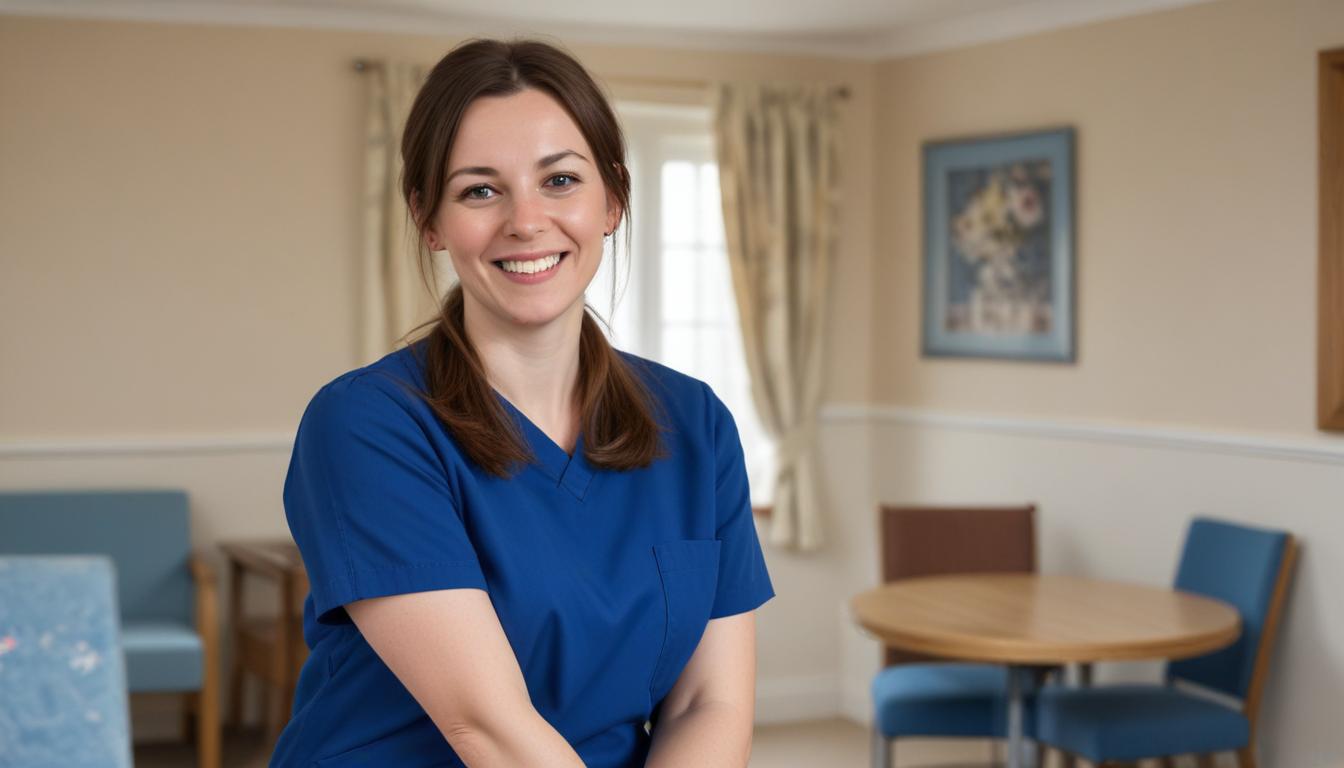
Complementary therapies and alternative medicine refer to a variety of treatments and practices used alongside or instead of traditional medical care. They focus on treating the whole person, not just the symptoms of a disease. This approach often considers physical, emotional, mental, and spiritual wellbeing.
Many people in the UK use these therapies to manage long-term conditions, improve overall health, or provide relief from specific symptoms.
What Are Complementary Therapies?
Complementary therapies are treatments used together with conventional medicine. They aim to enhance the overall effect of medical care. These therapies are not considered a replacement for doctor-prescribed treatment but a way to support it.
Here are some examples of complementary therapies:
- Acupuncture – Involves inserting thin needles into specific points on the body. Many use it to relieve pain or for conditions such as nausea and migraines.
- Massage therapy – Uses hands-on techniques to manipulate muscles and soft tissues. This can reduce stress, improve circulation, and alleviate muscle stiffness.
- Reflexology – A method of applying pressure to specific areas on the feet, hands, or ears. Practitioners believe these points correspond to organs and systems in the body.
- Aromatherapy – Uses essential oils from plants to improve physical and emotional health. These oils are often inhaled or applied to the skin through massage.
- Meditation and mindfulness – Practices that focus on promoting relaxation and reducing stress.
Complementary therapies often support patients undergoing treatments such as chemotherapy, physiotherapy, or surgery. These therapies can help reduce side effects like pain, fatigue, or emotional distress.
What is Alternative Medicine?
Alternative medicine refers to treatments used instead of conventional medical care. People might turn to alternative medicine for personal, philosophical, or cultural reasons. These practices are usually based on traditional or non-Western medical systems.
Common examples include:
- Herbal medicine – Uses plants or plant extracts to address health concerns. Examples include ginseng and echinacea. Some herbal remedies date back thousands of years.
- Homeopathy – Based on the principle that “like cures like.” Practitioners use highly diluted substances to treat illnesses. While controversial, it is popular with some people.
- Chiropractic care – Focuses on diagnosing and treating musculoskeletal issues. Chiropractors often adjust the spine to improve posture and relieve pain.
- Traditional Chinese Medicine (TCM) – Includes practices like acupuncture, herbal treatments, and Tai Chi. TCM aims to balance energies, known as yin and yang, in the body.
- Ayurveda – A system of medicine originating in India. Ayurveda involves herbal remedies, special diets, and detoxification to promote health.
People may choose alternative medicine for conditions like chronic pain or when they want less invasive treatments.
Benefits of Complementary and Alternative Practices
There are several reasons individuals turn to these therapies. Some of the main benefits include:
- Holistic care: These practices often address the mind, body, and spirit, promoting overall wellbeing.
- Pain relief: Acupuncture, massage, and chiropractic care can significantly reduce physical discomfort.
- Stress reduction: Therapies such as meditation and aromatherapy help people manage anxiety and stress effectively.
- Personalised approach: Many practitioners tailor their treatments to the patient’s unique needs and circumstances.
Though evidence for these benefits can vary, many people find them helpful in managing their health.
Concerns and Misunderstandings
Despite their popularity, complementary and alternative therapies are not free of criticism. It’s important to understand potential concerns, such as:
- Lack of scientific evidence: Some therapies lack strong scientific backing to support their claims.
- Safety issues: Use of unregulated herbal products or improper techniques can cause harm.
- Delay in medical care: Replacing standard treatment with alternative medicine may lead to serious consequences.
It’s always recommended to consult a healthcare provider before trying new therapies. Some treatments may also interfere with prescribed medication.
Training and Regulation in the UK
Not all complementary and alternative therapy practitioners are regulated by law in the UK. However, some therapies do fall under professional bodies that set guidelines for training and practice.
For example:
- The General Chiropractic Council regulates chiropractors.
- Acupuncture practitioners may be members of the British Acupuncture Council.
- Massage therapists might register with the Complementary & Natural Healthcare Council.
Organisations like these promote professionalism and maintain high standards. When seeking a practitioner, it’s a good idea to check if they belong to an accredited body.
Who Might Benefit and Why?
People of all ages could benefit from these therapies. For example:
- Older adults might use acupuncture or reflexology to manage arthritis pain.
- Pregnant individuals could try aromatherapy to ease morning sickness.
- Cancer patients often find meditation and massage helpful for relaxation and emotional support.
Each case depends on the individual and their specific health challenges.
How to Choose a Therapy
If you’re interested in complementary or alternative care, follow these steps:
- Research the therapy: Read up on how it works and whether it has proven benefits.
- Consult your doctor: Discuss your interest with your GP, especially if you’re on other treatments.
- Look for a qualified practitioner: Check their qualifications and professional membership.
- Start small: Attend a trial session to see how it feels.
Careful consideration can help you find the right approach for your needs.
Frequently Asked Questions
Q: Are these therapies free on the NHS?
Some therapies, like acupuncture or physiotherapy, may be available on the NHS. Others, such as aromatherapy, usually have to be paid for privately.
Q: Can children use these treatments?
Yes, but always seek advice from a qualified practitioner and inform your child’s doctor.
Q: Do these therapies replace traditional medicine?
No. Complementary therapies work alongside conventional medicine, while alternative medicine replaces it. Always have a medical professional oversee any treatments.
Conclusion
Complementary therapies and alternative medicine offer unique ways to support health and wellbeing. They include a wide range of practices, from acupuncture to herbal remedies, each with its own purpose and approach. While they can provide real benefits, it’s important to understand their limitations and consult professionals for guidance. With careful thought, these therapies can be a valuable addition to your overall healthcare plan.
Subscribe to Newsletter
Get the latest news and updates from Care Learning and be first to know about our free courses when they launch.






